Misinformation
According to a representative from Deo Ca Infrastructure Investment Joint Stock Company (HHV), many businesses investing in transportation infrastructure under the public-private partnership (PPP) model are currently borrowing thousands, even tens of thousands of billions of dong in long-term loans from commercial banks.
The large outstanding debt has led to much misinformation, suggesting that infrastructure investors are operating at a loss and are inefficient.
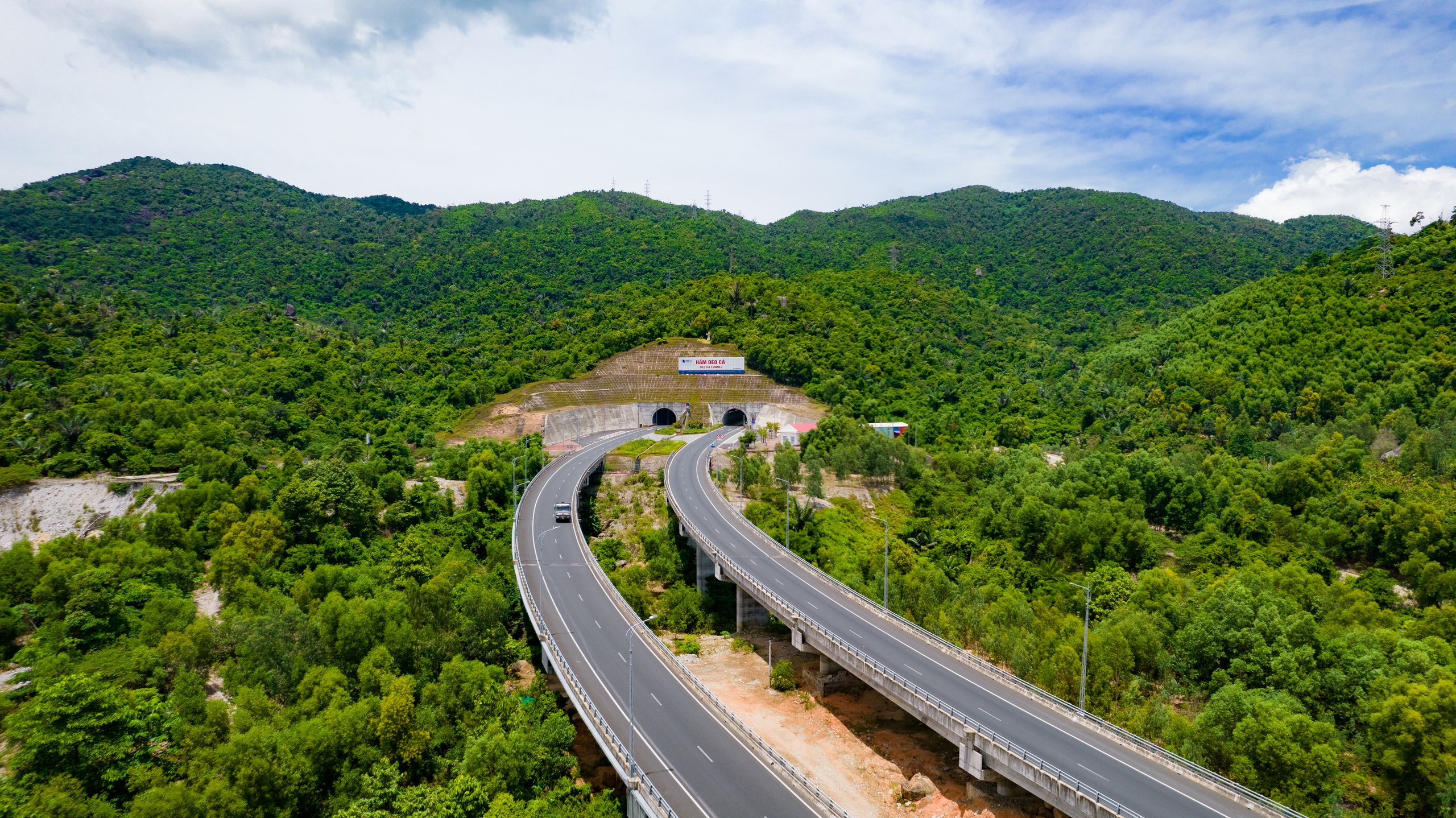
Many of the transportation infrastructure projects that HHV has invested in have been completed on schedule and are creating great value for society.
According to the Vietnam Association of Transport Workers (HHV), all transportation infrastructure projects implemented under the BOT (Build-Operate-Transfer) model before the PPP Law came into effect (January 1, 2021) did not involve state capital support for the construction component.
According to the latest financial report released by HHV, at the end of 2023, HHV recorded consolidated revenue of VND 2,686 billion, an increase of over 28% compared to the same period and exceeding the annual plan approved by the General Shareholders' Meeting by 8%.
Net profit after tax reached VND 362 billion, an increase of nearly 22% compared to the same period last year and exceeding the plan by 7%. In Q4 2023 alone, HHV's consolidated revenue reached over VND 861 billion, an increase of nearly 40% compared to the same period in 2022.
The capital structure for implementing BOT projects, as stipulated at that time, was that the investor's equity accounted for 15-20% of the total investment, with the remainder being capital raised by the investor.
Meanwhile, transportation infrastructure projects are on a very large scale, with the lowest total investment being several trillion dong, and some projects reaching tens of trillions dong.
For example, HHV is known as one of the leading transportation infrastructure investors in Vietnam today.
This company has been involved in key transportation infrastructure projects with a total investment of over 50,000 billion VND, including: the Deo Ca - Co Ma - Cu Mong - Hai Van tunnel complex, the Phuoc Tuong - Phu Gia road tunnel project, the expansion project of National Highway 1 through Khanh Hoa province, the Bac Giang - Lang Son expressway, etc. All projects have been completed on schedule and are creating real value for society.
The debts were paid in full and on time, without affecting cash flow.
"HHV's current bank debt is approximately 20,000 billion VND. However, the debt is repaid in full and on time, and does not affect cash flow, production and business operations, or shareholder interests," an HHV representative affirmed, adding that according to regulations, equity participation in public projects should be around 10-15%, while the company's equity/total assets ratio is currently 24%.
In addition, the company's loans are long-term loans for BOT (Build-Operate-Transfer) projects. The projects have also gone into operation, generating stable toll revenue, and the debt repayment plan is based on actual revenue and does not affect the company's cash flow.
"Over the past period, HHV has continued to invest in projects such as: the Dong Dang - Tra Linh expressway (total investment of over 14,300 billion VND), and the Huu Nghi - Chi Lang expressway (total investment of nearly 11,200 billion VND)."
"Deo Ca has implemented a solution that combines various sources of capital, from proposing an increase in the state's capital contribution to mobilizing capital from businesses that are also investment and construction contractors… through the PPP++ model. HHV will certainly continue to borrow long-term capital with a reasonable capital participation structure for each project," a representative of HHV further shared.
Discussing the issue of infrastructure investment companies having high outstanding debts with banks, Dr. Tran Van The, Vice President of the Vietnam Association of Road Transport Infrastructure Investors (VARSI) and an expert on PPPs, stated that not only previous BOT transportation projects, but even infrastructure projects implemented after the PPP Law was enacted, despite having state capital support (up to 50%), still require investors to mobilize capital from credit institutions.
The reason is that transportation projects have very large total capital, and no company in Vietnam could undertake them using only its own capital.
"Businesses raising capital from credit institutions or other sources to invest in transportation infrastructure is fully in line with current regulations and international practices."
It is quite common for businesses investing in transportation infrastructure to have outstanding loans with banks.
"Since the commitments and debt repayment obligations of businesses to banks from transportation projects are still being fulfilled and guaranteed, the claim by some that PPP transportation investors have large outstanding debts, tens of trillions of dong, in banks due to business losses is completely inaccurate and speculative," Mr. The stated.
Sharing his thoughts on the responsibilities of the parties involved in partnering with Deo Ca, Mr. Dinh Tien Duc, Director of Tien Phong Commercial Joint Stock Bank - Thang Long Branch, stated that TP Bank had conducted a thorough and meticulous assessment of Deo Ca's capabilities.
Deo Ca has demonstrated its ability to address numerous stalled and delayed projects, fluctuating prices, and large amounts of debt or bad debt that do not originate from the company itself.
"The results are concretely demonstrated by the fact that Deo Ca has completed the Bac Giang - Lang Son , Trung Luong - My Thuan, and Cam Lam - Vinh Hao projects, and is currently implementing many other public investment projects with consistently reduced costs and guaranteed progress and quality," Mr. Duc said.
Source







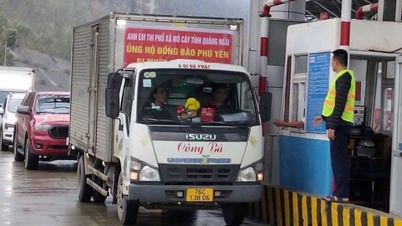

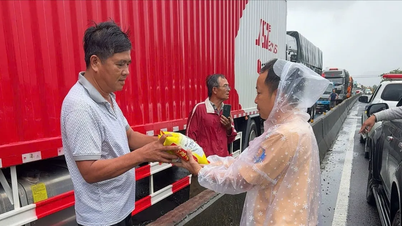

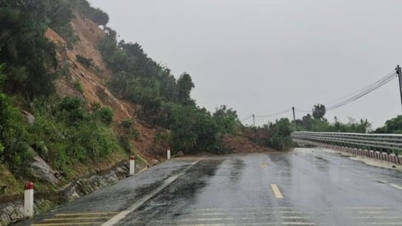

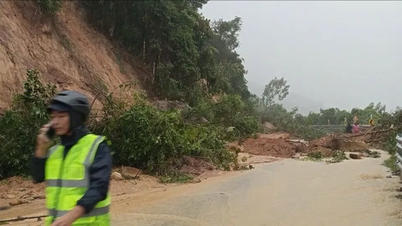
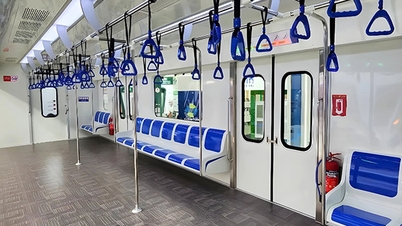

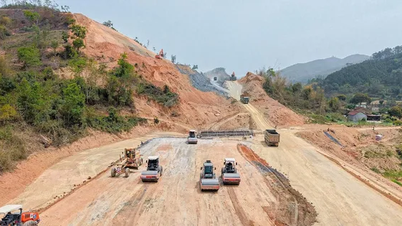

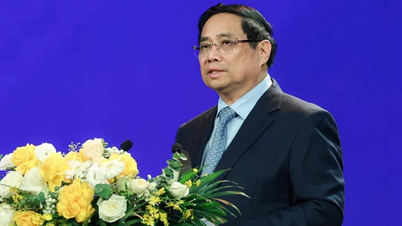



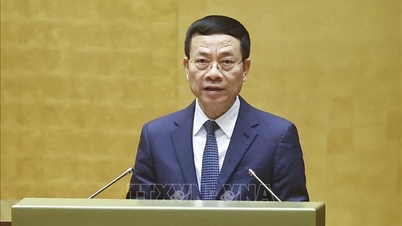

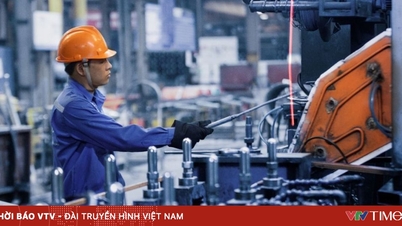









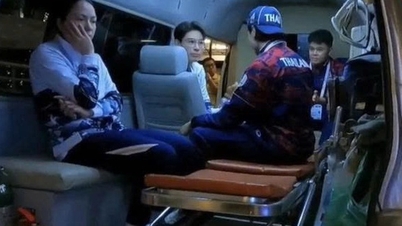






































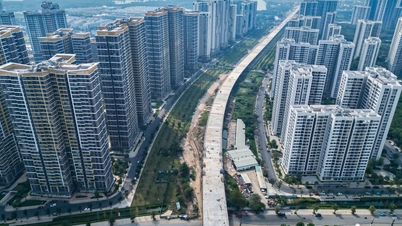
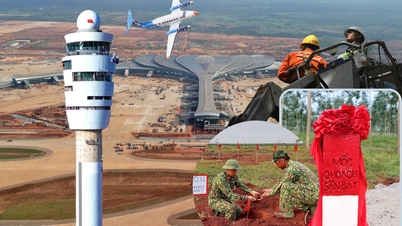


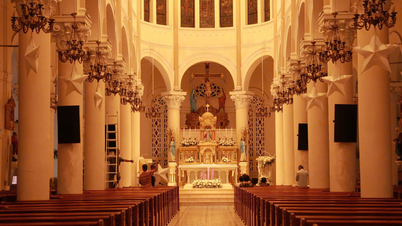

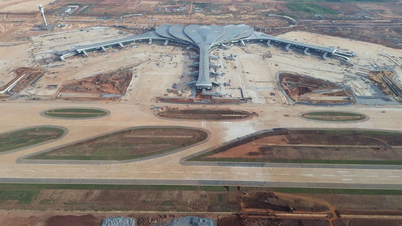
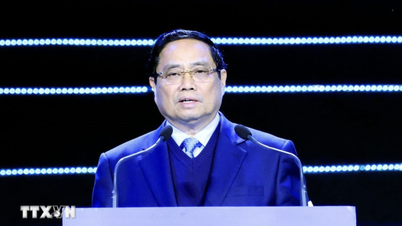

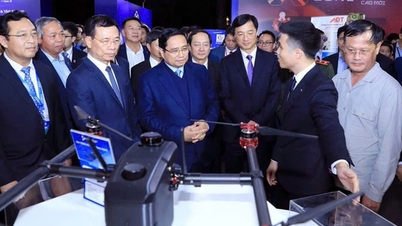



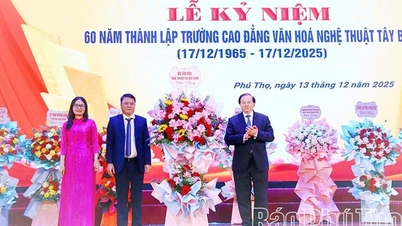

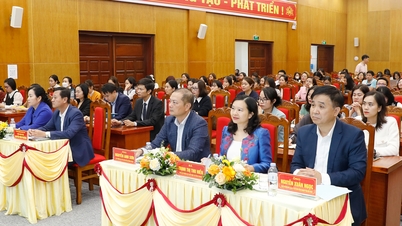

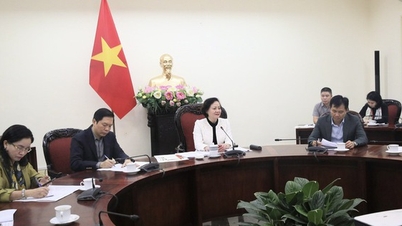
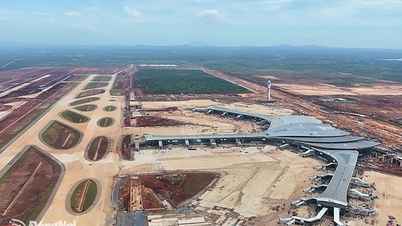

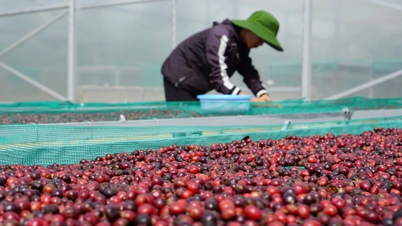






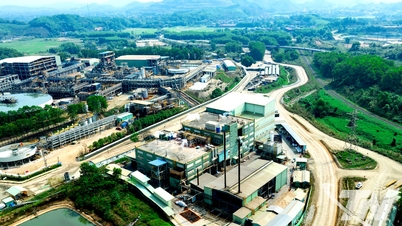















Comment (0)